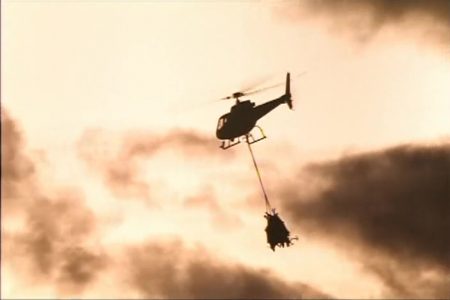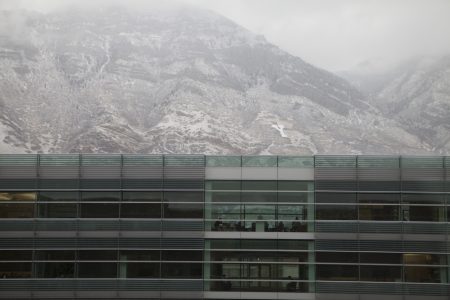The Anthropocene is a term proposed by some geologists to redesignate the current geological epoch in which we live. The argument for this reclassification highlights the profound and lasting impact humans have had as a species on the planet from the beginning of agriculture to the “great acceleration” of industrial and private resource consumption from …




